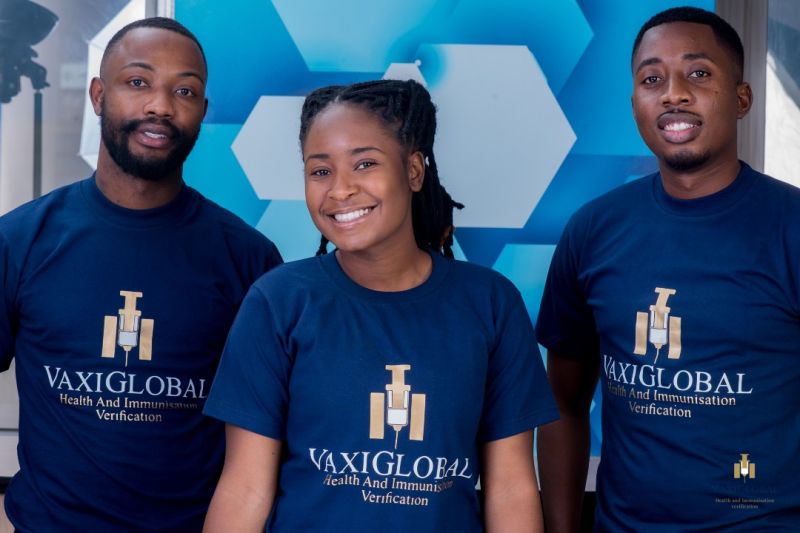Spotlighting Vaxiglobal after its Triumph at the Kofi Annan Award for Innovation in Africa

The Kofi Annan Award for Innovation in Africa has named Zimbabwean immunization Healthtech startup, Vaxiglobal, as one of the winners of the Kofi Annan award. Vaxiglobal uses contactless biometrics to reduce waste of immunization resources, improve data quality with open standards, and enable the expansion of immunization campaigns in African nations. The startup will receive a $250,000 cash prize as one of the award’s winners.
The other two winners were Nigeria’s MOBicure, whose product, myPaddi, enables young people in Africa discreet access to sexual health services like access to doctors, counselors, and adult toys, and Kenya’s Flare, a cloud-based system that provides fire relief.
The Kofi Annan Award for Innovation in Africa bears the name of the former United Nations secretary-general and Nobel Peace Prize winner from Ghana. The award is intended to help accomplish the UN’s sustainable development goal of “Health and Well-Being.”
Through awarding, it is envisaged that innovations would emerge, offering solutions to the problems and the objective, expanding African health sector practices and launching entrepreneurial endeavors in the direction of the objective.
Kofi Annan Foundation Awards Nigerian, Kenyan and Zimbabwean Startups For Innovation
The Austrian Federal Chancellor, Karl Nehammer, oversaw the event, which was successfully held at the Austrian Academy of Sciences in Vienna. The high-level jury members as well as other illustrious and foreign guests were there.
About Vaxiglobal
Vaxiglobal’s solution employs a mobile phone to scan patients’ faces and create digital certificates in the cloud. It was co-founded in 2019 by Dr. Integrity Mchechesi, a medical doctor and public health innovation, and Tsitsi Eunice Sifiyali, a physiotherapist and public health expert. Vaxiglobal is working with laboratories in Zimbabwe and Zambia, airlines and technology companies to build up a safe and approved digital verification system for travelers’ immunization.
The database cannot be altered because it is based on Blockchain technology, a decentralized online record keeping system.
According to Dr. Mchechesi, who is also a senior resident medical officer at the Parirenyatwa Central hospital in Harare, the laboratories establish a digital record in the system after immunization. The traveler receives a QR code on a smartphone app or on paper, which is quickly validated by border officials.
“After vaccination, the laboratories create a digital record in our system. The traveler gets a QR code on a mobile app or on paper, which is instantly verified by the border authorities, who can see where they got the vaccine and who gave it to them, as well as the batch number of the vaccine, which protects the authenticity of each and every vaccine,” said Dr Mchechesi.
Early in 2020, the digital verification system was operational, and in April, the team collaborated with labs all around Zimbabwe to use it for COVID-19 certification. Since then, more than 1500 certifications have been confirmed, and the Robert Mugabe International Airport in Harare is now using the system by seven airlines.
The Vaxiglobal team is in discussions with the South African government about a possible launch there and even a prospective roll-out throughout the 15 member states of the Southern African Development Community.
